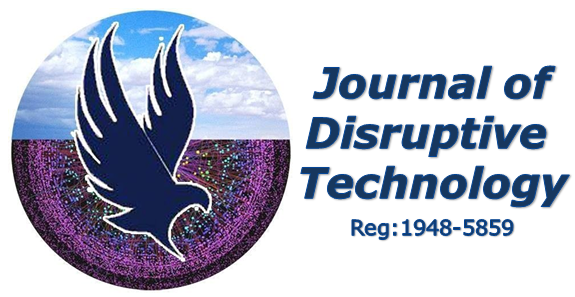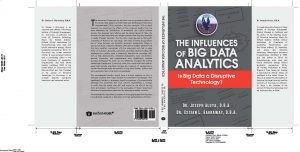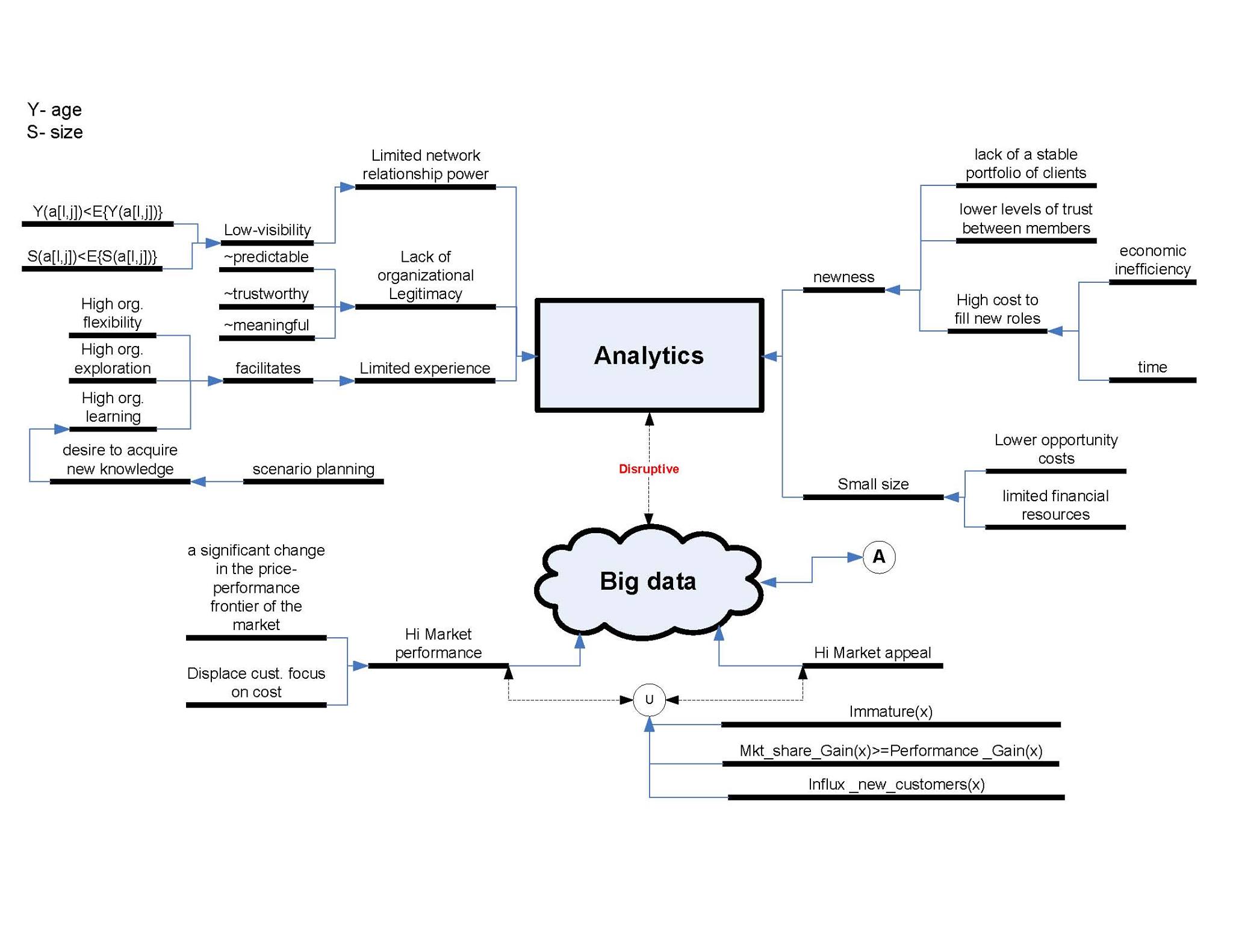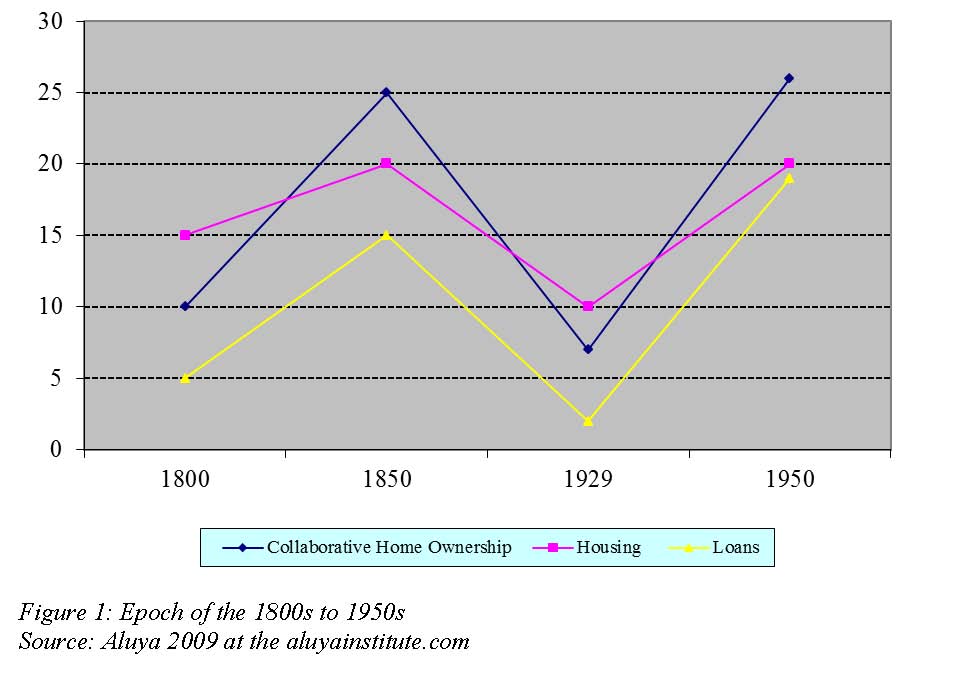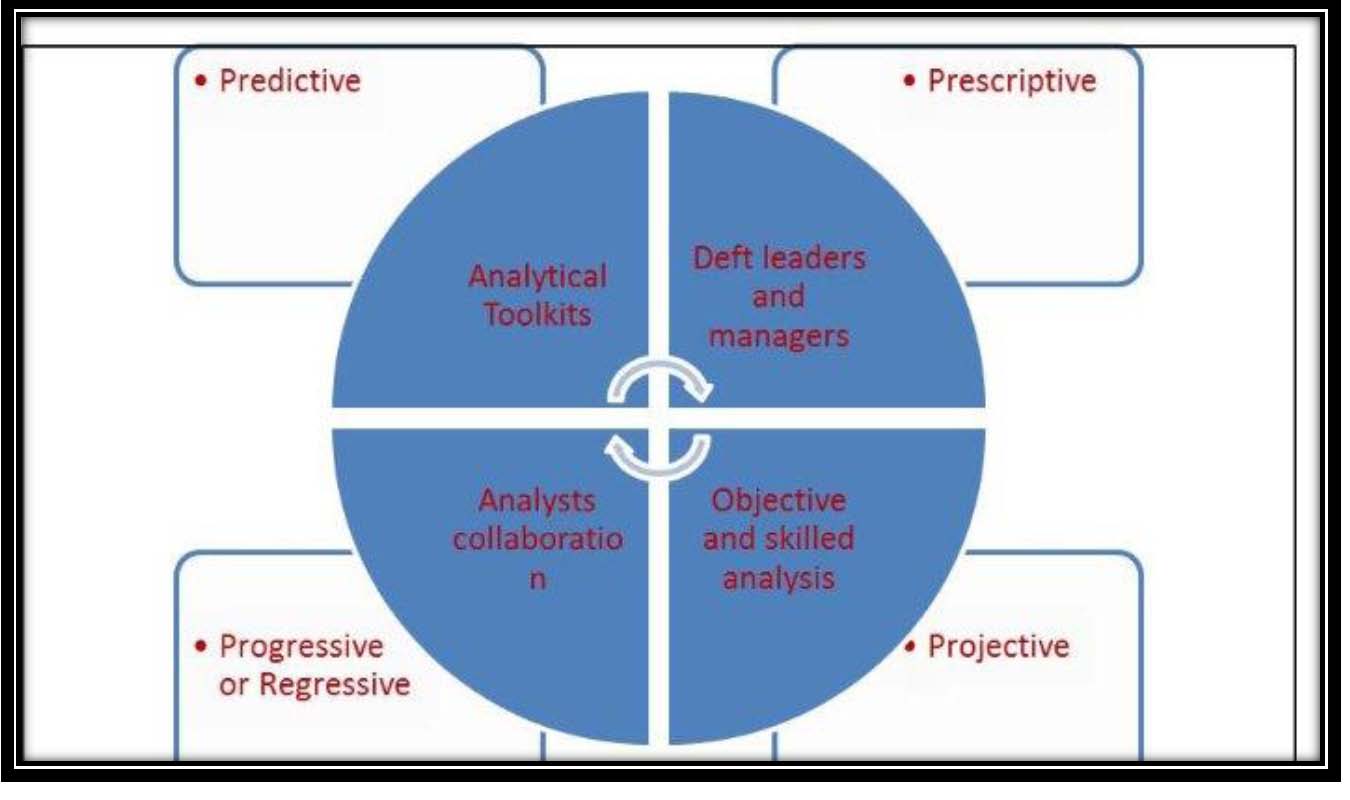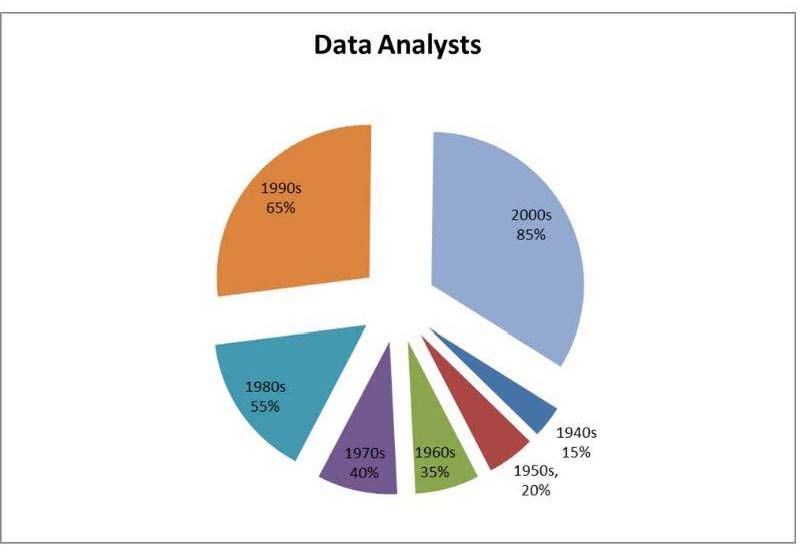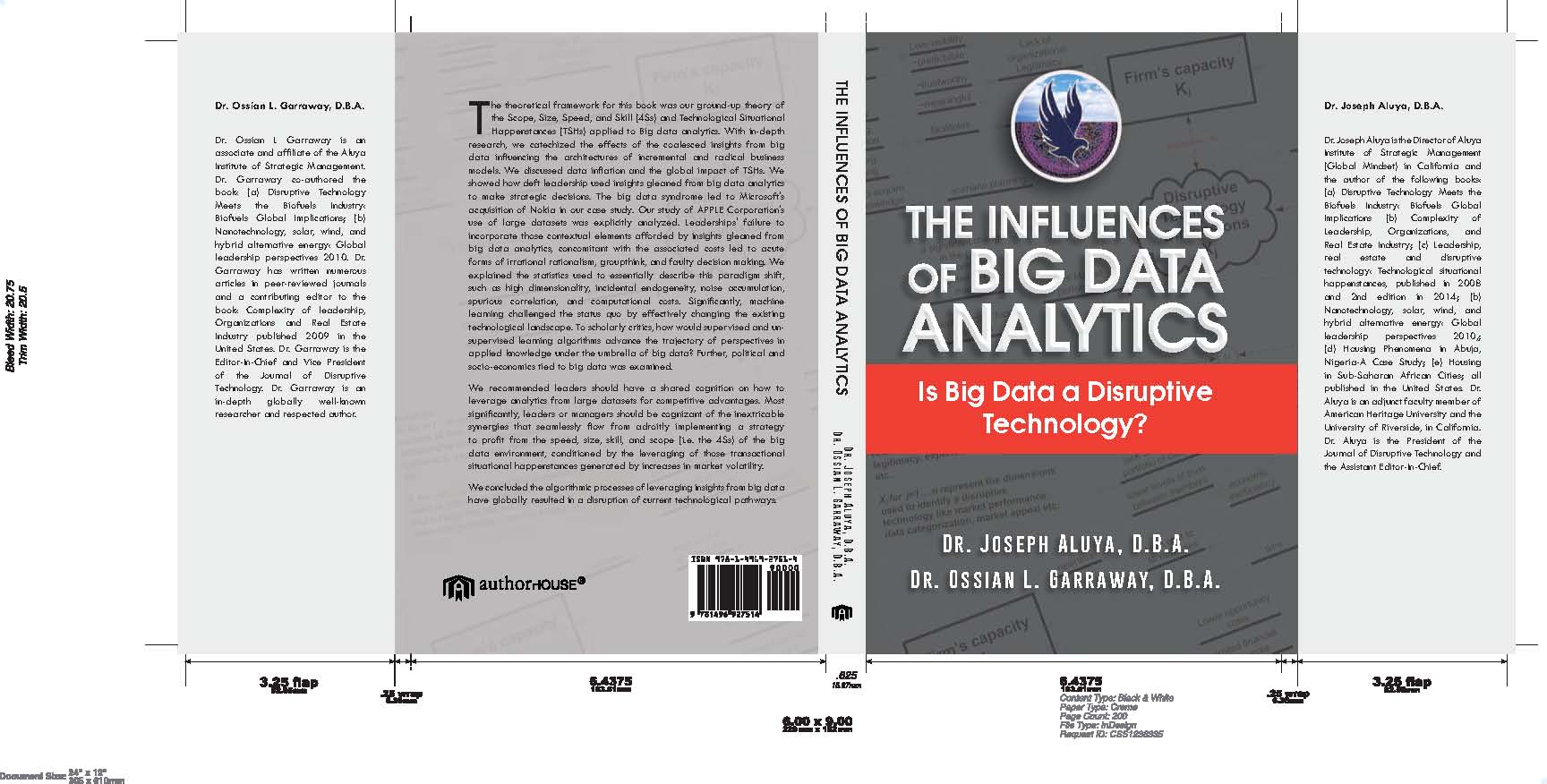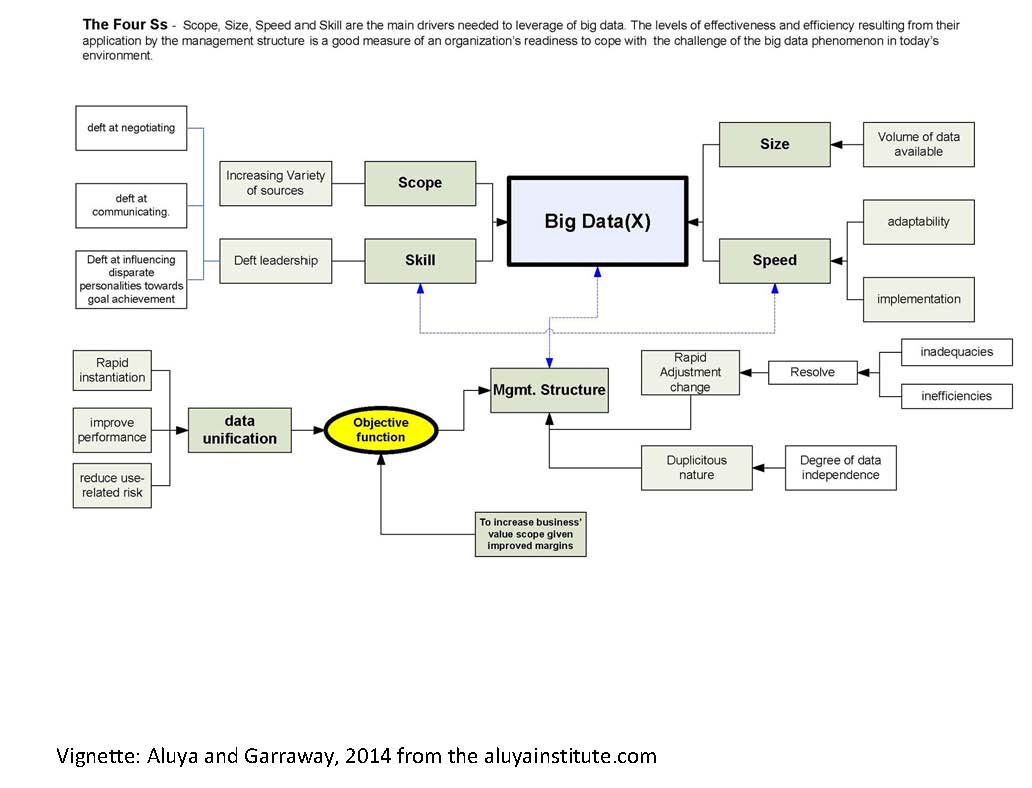
What intelligence machines or analytical tools cannot do in the 21st century!
feel free to call us 714-488-5927 info@jofdt.com

-
Historical and narrative of big data and its significant meaning to businesses
Editor-In-Chief, , Collaborative Management, Disruptive Tech, Intelligent Machines, Leadership, Historical trend of big data, 0
Beginning at the first half of the twentieth century, companies revisited the 1940’s strategy pioneered by Robert McNamara....
-
Historical journey or narrative of the real estate industry from the 1800s to 2017 begins here.
Editor-In-Chief, , Disruptive Tech, Leadership, News, Real Estate, Earlier form of real estate, 0
Before digressing into the current disruptive nature of the real estate and the mortgage industry, it is pertinent to...
-
Lets welcome Dr. Jorge Mastrapa, PhD; as the new Editorial Board Member of JOFDT
Editor-In-Chief, , Collaborative Management, Disruptive Tech, Leadership, Organizational Culture, 0
About Dr. Jorge Mastrapa, PhD. Dr. Mastrapa is one of the co-founders and America’s Managing Director of ICQ...
-
Disruptive Technology Meets The Biofuels Industry – Dr. Joseph Aluya and Dr. Ossian L. Garraway : AuthorHouse
Editor-In-Chief, , Alternative Energy, Biofuels, Disruptive Tech, Alternative Energy, Disruptive Technologies and Leadership, 0
Disruptive Technology Meets The Biofuels Industry – Dr. Joseph Aluya and Dr. Ossian L. Garraway : AuthorHouse Source: Disruptive Technology...
-
Artificial Intelligence Machines or Robots Could Regard Humans as Threats to Their Existence
Editor-In-Chief, , Big Data, Disruptive Tech, Intelligent Machines, Organisations, Disruptive Technology and leadership, 0
In this article, the core question is whether or not artificial intelligence (AI) could do more harm than...
-
Business enterprises use analytical tool kits to analyze big data sets for profit
Editor-In-Chief, , Disruptive Tech, Leadership, Analyzing big data for profit, 0
Applying analytic techniques to large data sets, and using predictive modeling have rendered insights into: (a) how the organization’s goals...
-
How structured and unstructured data sets loses its value within a time frame
Editor-In-Chief, , Collaborative Management, Disruptive Tech, Leadership, 0
To quickly redact, it has been shown that 80% of the data available as an unstructured form were generated...
-
Journal of Disruptive Technology Conference in California
Editor-In-Chief, , Alternative Energy, Big Data, Biofuels, Call for Papers, Collaborative Management, Disruptive Tech, Intelligent Machines, Leadership, Organizational Culture, Prescriptive Analysis, Big data, disruptive technologies, Disruptive Technologies and Leadership, 0
Dear Colleagues, We are inviting you to submit your valuable organic research work on disruptive technology that has changed...
Recent Posts
- Call for Papers – Special Issue December 30, 2025
- Publications for Special Edition Issue, June, 2025
- Phenomenon of Leadership Failure: An Exploration to Determine the Significance of Moral Action for a Sustainable Leadership ~Kenneth-Maxwell Nance~Maxwell Leadership Institute
- The Influence of Organizational Culture on the Adoption of ICT Innovation following Technological Disruption: Evidence from Kenyan ICT SMEs
- Artificial Intelligence Machines or Robots Could Regard Humans as Threats to Their Existence
Recent Comments
Archives
Categories
About JOFDT
As a benchmark, the Journal of Disruptive Technology (JODT) seeks to improve submissions prior to approving their publication. Our peer-reviewed process reflects the necessary rigor and scrutiny needed to bring forth the submission’s essence. Such submissions should be novel and substantial. Since our distribution is global, our reviewers follow guidelines that are thorough and rigorous. In addition, each submission has a dedicated quantitative and/or qualitative review, and unnecessary delays to the submission’s publication are kept to a minimum. It is our practice to circulate galley proofs prior to final submission and each manuscript is printed with the submission date, the revision date, and an acceptance date. While the traditional operational functions of the journal include peer review, editing, and final proof.
